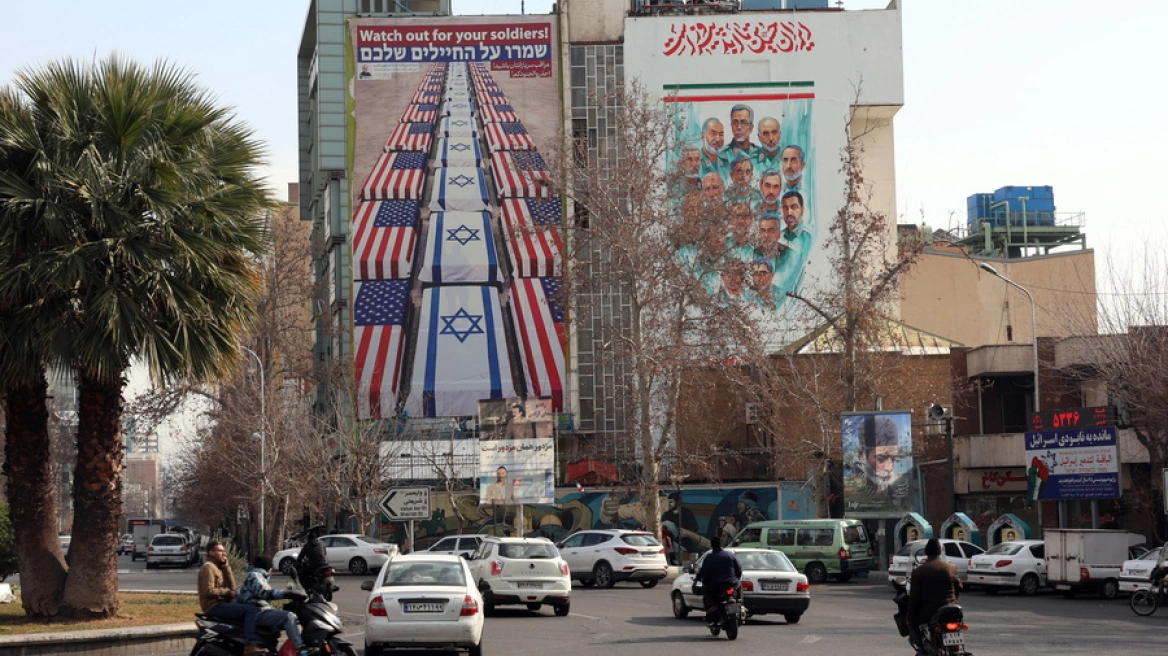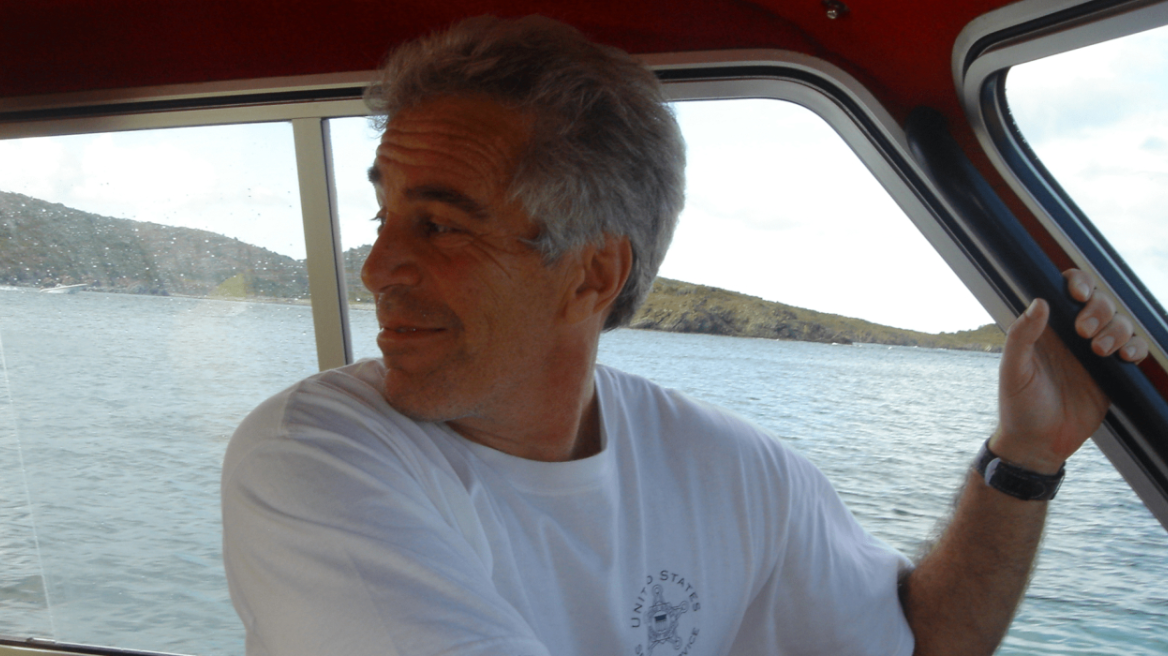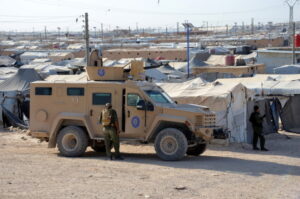The holdover official responsible for implementing former President Barack Obama’s failed “Countering Violent Extremism” policy at the Department of Homeland Security finally resigned just before DHS Secretary John Kelly departed for the White House.
George Selim headed the now-defunct CVE program which tried to offer federal support and legal autonomy to Islamic political groups if they redirected Islamic immigrants and youths away from Islamic militancy and jihad. His resignation spotlighted Kelly’s decision to replace Obama’s failed policy with more direct government involvement in Islamic communities. Kelly may use his new White House job to make his anti-jihad strategy a government-wide policy.
“On Friday [July 28], Secretary Kelly accepted the resignation of George Selim, a dedicated career professional who served at DHS under three presidents, beginning with President Bush in 2005,” said a statement from acting Secretary of Homeland Security Elaine Duke. She continued:
Over the last seven months, the Secretary and I often relied on George’s thoughtful and reasoned approach to challenging issues. His experienced and steady hand was important as he played a key role in advising me and senior DHS leaders. The Department could not function effectively without the selfless service of career leaders like George Selim. He will be missed and I wish him all the best in his future endeavors. In addition, the Office for Community Partnerships will continue its terrorism prevention work under the leadership of acting director David Gersten.
In December 2015, Selim, then the new director of the Office for Community Partnerships at the Department of Homeland Security, outlined the Obama CVE strategy when he told NPR that Muslim communities were not identifying emerging jihadis:
The research and the statistics have all indicated that peers, people that are in close association with subjects that ultimately commit an act like this, see something that’s a little bit out of the norm, but they don’t necessarily report it. And so part of our goal is to create the type of partnerships in which peers know when and how to elevate those type of suspicions…
We realized that central governments aren’t necessarily best placed to prevent and intervene in the process of radicalization. It’s, in fact, local actors that are, in fact, best placed on this. What we saw earlier in this year in the White House Summit on Countering Violent Extremism is three cities – Boston, Los Angeles and Minneapolis – who are pioneering prevention programs on countering violent extremism in three different ways – the local demographics, the local municipal officials and religious leaders.
The CVE plan failed, in large part, because immigrant Islamic political activists kept raising their demands in negotiations with Obama’s deputies. For example, some Islamic advocates demanded the FBI stay out of Muslim neighborhoods. Many activists also refused to admit the role of Islamic texts in motivating Islamic believers to launch Islamic jihad attacks, despite the repeated use of Islamic texts by U.S-based Islamic clerics to urge Islamic attacks.
In fact, both Obama and Selim echoed those no-Islam-here hardline claims. In 2016, Selim told a House committee that “to be successful in our homeland security efforts, we have to underscore and reinforce the fact that ISIL does not represent Islam and cannot justify its barbaric terrorism with twisted interpretations of one of the world’s most prominent religions.”
The successful Islamic opposition to Obama’s CVE was admitted by the Washington Post, which wrote in July 2016:
An FBI plan … only heightened suspicions among some civil rights and Muslim community leaders … Meanwhile, in Boston, Los Angeles and Minneapolis, federal pilot programs announced in 2014 to prevent extremism have met such fierce resistance from local Muslims that the first two remain mired in the developmental stage. In Minneapolis, officials were compelled to change the program’s name from “Countering Violent Extremism” to “Building Community Resilience.”
The failure of Obama’s CVE strategy was brutally highlighted by the December 2015 jihad massacre in San Bernardino and the June 2016 mass-murder jihad at the Pulse nightclub in Orlando, Florida. In both attacks, the killers were part of the local Islamic community, which did not alert Americans to the growing danger. The same inaction was spotlighted by the September 2016 pressure-cooker jihad bomb attacks in New Jersey.
During his six months at the agency, Kelly apparently discarded Obama’s CVE plan and has shifted DHS attention and funds away from Islamic groups which wanted to prevent FBI anti-jihad investigations in their Islamic communities.
Instead, the funds and attention will go to police groups that are directly assimilating Islamic communities into normal American civic society, without relying on the Islamic political groups, such as the Muslim Public Affairs Council. Kellly explained his new pro-integration strategy in a June 22 event held in Congress, where he acknowledged that Islamic terrorists are acting for sincere Islamic reasons, saying:
They are out there doing what they think is their religion and think [it is] what they are supposed to be doing … What I’ve elected to do is take what little money I have in this regard and give it to what I consider to be the time-proven things — law enforcement from an outreach point of view and communities developing relationships … so that there’s an open line of communication so they know if they see this [advocacy or preparation for violence] happening in the home or they see it happening — that is to say, the move towards radicalism — or they see it happening in the churches or mosques, they know to call someone before that person typically crosses the line.
In June, Kelly used a more diplomatic explanation of his approach to domestic Islamic terrorism.
Before working at DHS, Kelly was a U.S. Marine Corps general who quelled a vicious Islamic-fueled insurgency in Iraq by using U.S. military power to build alliances with less-radical tribal groups.
There are some reasons to think Kelly’s assimilationist strategy can work.
A new Pew survey of U.S-based Muslims shows that only about half of the roughly 3 million Muslims living in the United are religiously observant, and only about a third hold fundamentalist beliefs. This ratio may allow pro-assimilationist Muslims to quickly spotlight militant Islamic believers, despite opposition from Islamic political activists and groups who want to segregate Muslim communities from U.S. society.
Those hardline Islamic activists include Linda Sarsour, who recently told an Islamic political audience that:
Our number one and top priority is to protect and defend our community. It is not to assimilate and to please any other people in authority. Our obligation is to our young people, is to our women, to make sure our women are protected in our community, and our top priority, even higher than all those priorities, is to please Allah and only Allah…
What I believe that people can learn from my experience is that you can be unapologetically Muslim, unapologetically Palestinian-American, hold strong conviction, have strong ideology and politics and still become a mainstream American who can inspire and still resonate with people outside of the Muslim community… We do not have to give up any part of our identity… I will not be in a space where any group or any organization or individual tells me that there is apart of my [Muslim] identity that is not welcome into any space. That, my sisters and brothers, is not going to fly with us in the Muslim community.
Read about the CVE strategy here.
Ask me anything
Explore related questions





